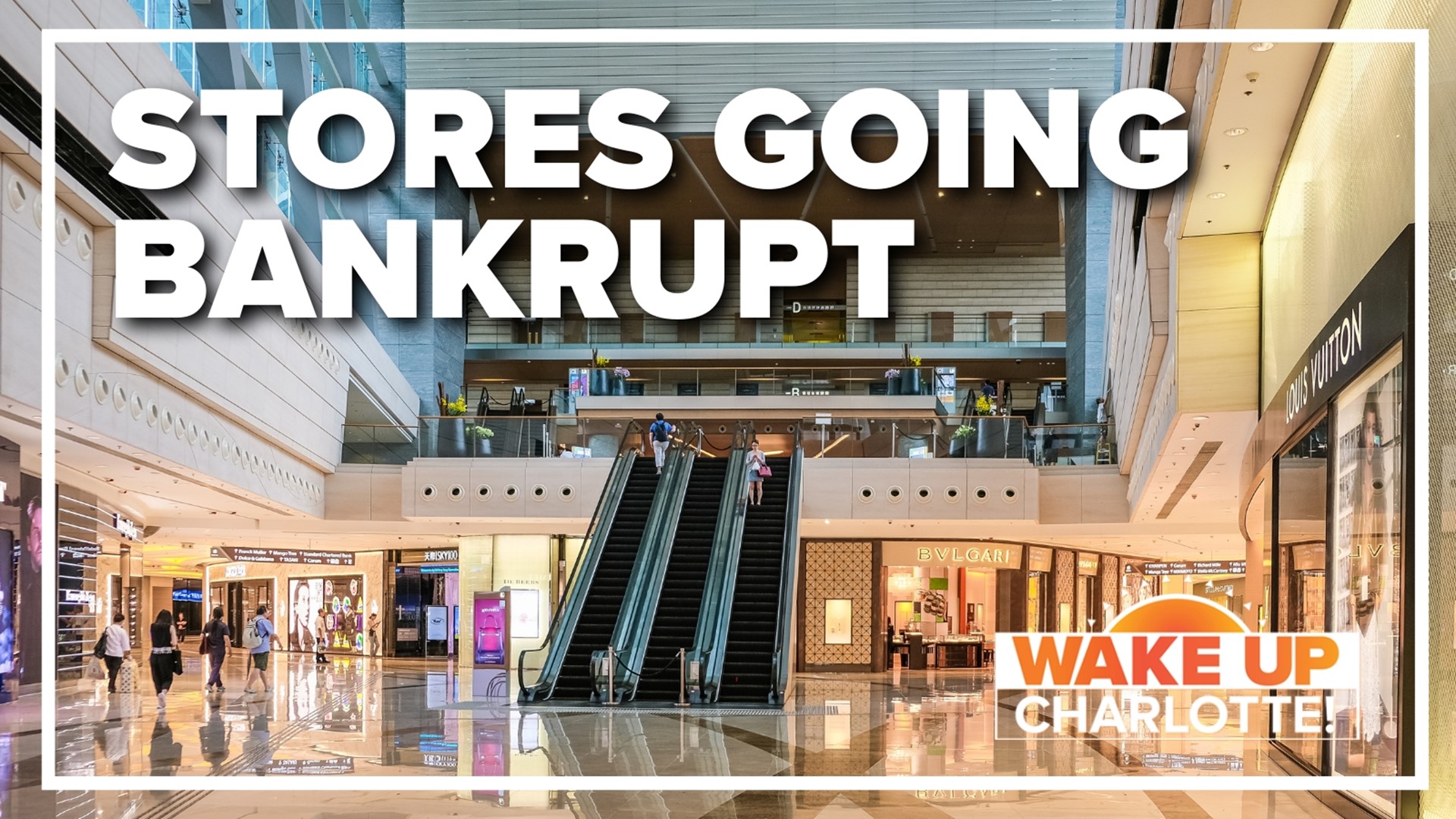Current News on Kroger: Key Developments and Insights
Kroger, one of the largest supermarket chains in the United States, has been in the news recently due to its ongoing merger discussions with rival Albertsons Companies. This merger, which has been a focal point of public and regulatory scrutiny, is poised to reshape the grocery landscape in the U.S. Here’s a comprehensive overview of the latest developments surrounding Kroger, including the merger's implications, legal challenges, and other significant news.
Merger with Albertsons: Timeline and Statements
On January 15, 2024, Kroger, Albertsons, and C&S Wholesale Grocers issued a joint statement regarding the merger timeline. The companies are working towards finalizing the merger, which has been met with both optimism and skepticism from various stakeholders. The merger is expected to create a grocery giant with a combined market presence that could rival other major players like Walmart and Costco.
Details of the Merger Agreement
The merger agreement, initially announced in October 2022, involves Kroger acquiring Albertsons for approximately $24.6 billion. Under the terms, Kroger will purchase all outstanding shares of Albertsons, which has raised concerns among regulators about potential monopolistic practices in the grocery sector. The companies have committed to selling off certain stores to alleviate these concerns, a move aimed at gaining regulatory approval.
Legal Challenges and Regulatory Scrutiny
The proposed merger has not been without its challenges. The Federal Trade Commission (FTC) has filed a lawsuit to block the merger, arguing that it would eliminate competition and lead to higher prices for consumers. The trial began recently, and Kroger has been vocal about its commitment to improving wages and benefits for workers, pledging to invest $1 billion in employee compensation and $1.3 billion in upgrading Albertsons stores.
Price Gouging Allegations
In a surprising turn of events, Kroger executives admitted during the trial that the company had raised prices on essential items like milk and eggs beyond inflation rates. This admission has sparked public outrage and drawn criticism from various consumer advocacy groups. The implications of these price increases are significant, as they could affect consumer trust and the overall perception of the merger.
![]()
Public and Political Reactions
The merger and the accompanying legal battles have attracted attention from political figures, including Vice President Kamala Harris, who has proposed a federal ban on price gouging. The public's reaction has been mixed, with some supporting the merger as a means to enhance competition against larger retailers, while others fear it could lead to higher prices and reduced choices for consumers.
Community Impact
As part of the merger negotiations, Kroger has indicated that it will sell off several stores to address regulatory concerns. A list of stores that may be sold has been released, including various Albertsons and Safeway locations across the country. This move is seen as a necessary step to gain approval from regulators and ensure that the merger does not significantly harm competition in local markets.
Kroger's Corporate Communications
Kroger has maintained an active newsroom to keep stakeholders informed about its corporate activities and community initiatives. The company emphasizes its commitment to transparency and community engagement, which is crucial as it navigates the complexities of the merger process.
Recent News Highlights
Kroger Field Food Options: A recent article highlighted the food offerings at Kroger Field, showcasing fan-favorite items available during the football season. This reflects Kroger's efforts to engage with local communities beyond grocery sales.
Legal Battle Insights: An in-depth analysis of the legal battle over the Kroger-Albertsons merger has been published, detailing the stakes involved and the potential outcomes for the grocery industry.
Price Gouging Controversy: Reports have surfaced regarding Kroger's admission of price gouging, which has led to significant backlash and calls for accountability from both consumers and lawmakers.
Merger Implications for Consumers: Experts are weighing in on what the merger could mean for consumers, particularly regarding pricing, product availability, and overall competition in the grocery sector.

Conclusion
The ongoing developments surrounding Kroger and its proposed merger with Albertsons are critical not only for the companies involved but also for consumers and the broader grocery market. As the legal battles unfold and public scrutiny intensifies, the future of this merger remains uncertain. Stakeholders are closely monitoring the situation, as the outcome could have lasting implications for grocery shopping in the United States.
For more detailed updates, you can follow the latest news on Kroger through various news outlets and their official newsroom. The situation is dynamic, and further developments are expected as the merger process continues.




